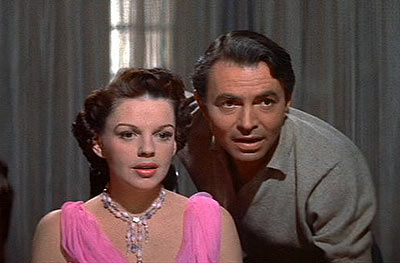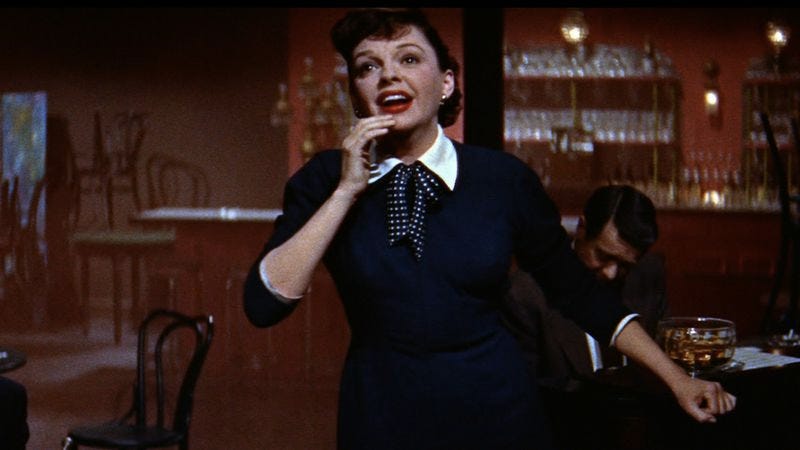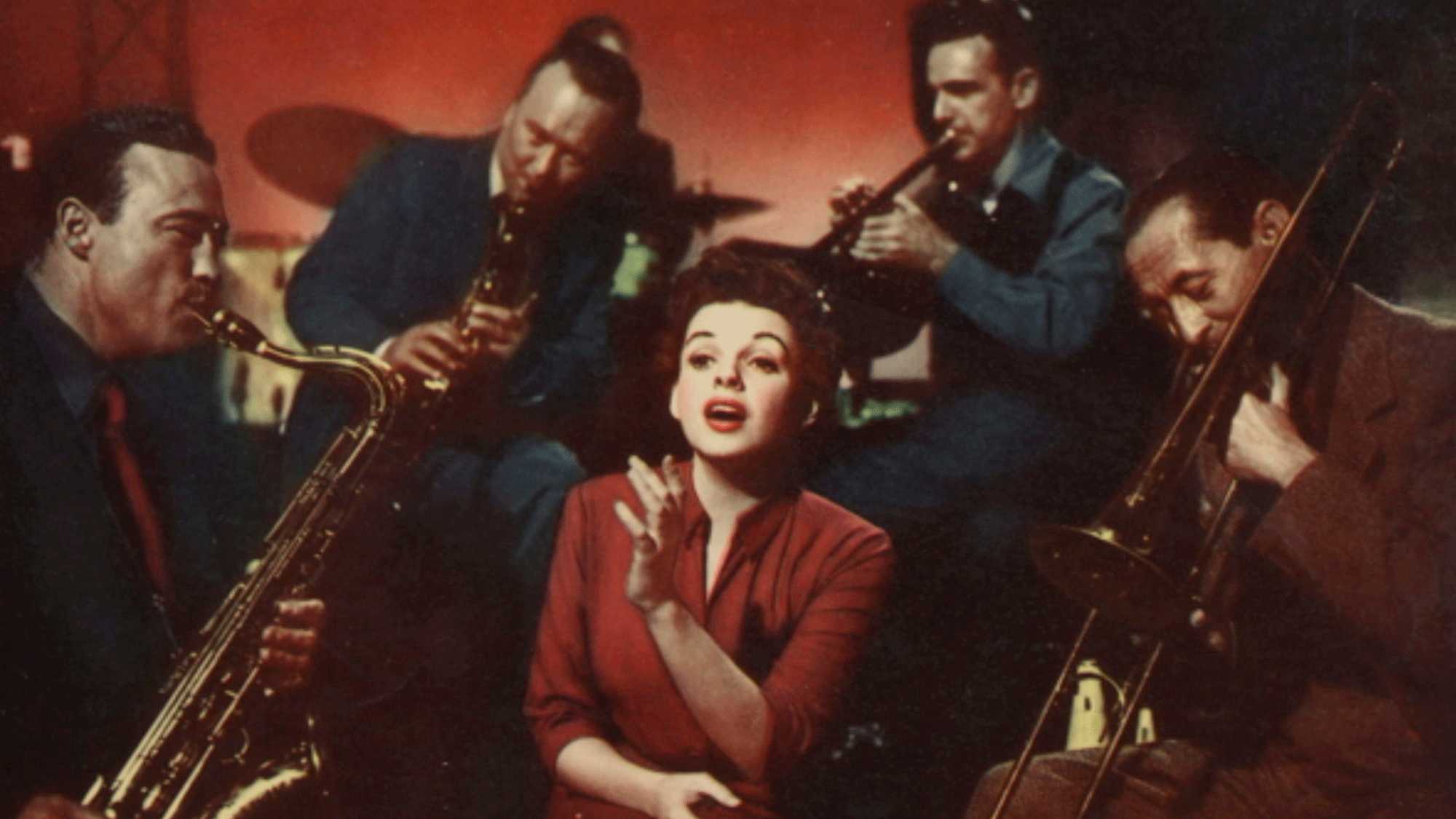DUNE: 1984 VS. 2021
It might be unfair to compare the David Lynch version of Frank Herbert's science fiction epic Dune to the Denis Villeneuve version insofar as Villeneuve will have a sequel attached to his while Lynch was forced to collapse the massive novel into one film. Despite the impending arrival of Dune: Part Two, I think we can work at having an early look at these two adaptations and draw some thoughts on how they stack up against one another.
For better or worse the Lynch version will always pale to the Villeneuve version. After all, the 1984 version didn't receive any Academy Award nominations, let alone the strong ten nods the 2021 version did. That the 2021 version is a serious albeit highly unlikely contender for Best Picture is a credit to how well-crafted the Villeneuve version is.
I also understand that many fans of Dune dislike Lynch's version for a variety of reasons. It collapsed so much into one film that it made the final product almost unintelligible. It had an excessive amount of voiceover that became farcical. Characters came and went so quickly they had no chance to play a real role in the story. This is not an issue with the Villeneuve version, especially since he gets to make two films.
Still, I think the Lynch version has its own virtues. Yes, it may be rushed and at times nonsensical, but it is weirdly hypnotic, bizarrely fascinating. While it really is too soon to make a definite comparison, let us begin nonetheless.
BEST BARON HARKONNEN
Stellan Skarsgard
Perhaps the dueling Barons can show why the 1984 version is such a bizarre enterprise while the 2021 version is a Best Picture contender. McMillian's Baron is an unhinged loon, one that is ripe for parody. Whether it is literally spitting out his dialogue or being comically evil, you cannot take him seriously as an antagonist. How else to react when he's referred to as "that floating fat man". McMillan seems to devour the scenery, his fellow actors, and even the camera whenever he's on screen.
Skarsgard has limited screentime as the Baron, but he was menacing, dark and unrepentantly evil. I think his longest scene was when he gloated over his archnemesis Duke Leto. Skarsgard's excellence in the role comes from how he uses his voice, the growl and brief statements displaying the darkness and lust for power. I understand Skarsgard and Villenueve drew heavily from Marlon Brando's performance in Apocalypse Now, and I can see that.
Skarsgard's Baron is a menacing monster. McMillan's Baron is a loon. An entertaining loon, but a loon nonetheless.
It is interesting that the element that made McMillan so comical (the floating) works with Skarsgard.
BEST DUNCAN IDAHO
Richard Jordan
Jason Momoa
As much as the name "Duncan Idaho" is mocked, it is a credit to Jason Momoa that he makes Duncan a strong, heroic, intelligent warrior. It is no slam on Jordan, but Jordan was frankly too posh and elegant to be seen as a fierce soldier. Jordan's Duncan comes across as more a courtier than a fighter. As I think on Jordan, I do not remember seeing him leading armies in major combat, let alone participating in them.
I am reluctant to say Momoa is an actual actor versus an action star. However, that is what the role of Duncan Idaho called for, so this was right up his street. His imposing physicality and intense manner all shaped to make Momoa an ideal warrior. He also had a noble end, a true warrior to the end. Momoa also manages to bring in what little levity the 2021 Dune has, so that gives him an added plus.
BEST REVEREND MOTHER MOHIAM
Sian Phillips
Charlotte Rampling
Rampling is hampered by the fact that her role as the villainous Bene Gesserit mother is small, though I imagine Dune: Part II will give her a more prominent role. Rampling is an exceptional actress and I hope she does more. However, Phillips is also a strong actress, and there is something vaguely wild to almost camp about her take on the role. She made Reverend Mother Gaius Mother more theatrical, grand, almost crazed.
Rampling was not allowed to be large and operatic unlike Phillips. She tore into the role with almost crazed abandon, but unlike McMillan never went full-on bonkers. Phillips also gets points for her "GET OUT OF MY MIND!", and as much as Rampling may be required to say that I doubt she would top Phillips' take. Given how intertwined the line and Phillips are, I think Dune: Part II will either avoid the line altogether or require a different line reading.
Here, I am waiting for the final product, though I am giving the slight edge to Emmy-winner Zendaya. Young is hampered by a major flaw in the 1984 version: the rushed manner to it. Young, like many actors in Lynch's Dune, was simply not given enough material or time to make a major impact.
Curiously, this hampers Zendaya's role in Villeneuve's Dune also. Like in 1984, 2021's Chani is a bit of a shadow, a mystery, a literal dream girl. However, even in her limited time Zendaya was a more proactive figure, a warrior princess more than the mere love interest that Young had to play. I confess to not being yet won over by Zendaya as an actress, though perhaps I am a bit unfair given that my main if not sole exposure to her has been through the MCU Spider-Man films.
I think that she will play a larger role in Dune: Part II, but right now I do not see Young overtaking Zendaya in the role.
BEST GURNEY HALLECK
Patrick Stewart
Josh Brolin
As with Jordan, Patrick Stewart came across as more a member of the Duke's Court than a soldier and military advisor. Brolin's Gurney, on the other hand, was all business, stern and strict. There was little to no levity or humor in Dune 2021, but even by that standard Brolin was the least jocular. I think that fit the role, so I think Brolin did the part right.
As much as Brolin's version towers over Stewart's version, there is something sweetly endearing in Stewart's take. I cannot help thinking that there's something both sweet and crazed about Gurney holding a pug while screaming "FOR DUKE LETO!" as he leads men into battle. I cannot for the life of me picture Josh Brolin's Gurney doing anything so flat-out bonkers. That Stewart did so and did it with a straight face earns mad props from me.
BEST LADY JESSICA
Francesca Annis
Rebecca Ferguson
I think Annis was like so many in the Lynch version put in an impossible position: act with little to nothing to work with. Her Lady Jessica suffered greatly in that she was quite weak to where she made concubines look almost useless. It is curious that I think once she gave birth to Paul's sister, I cannot remember Annis in the film at all.
Ferguson however was given not just more to do but was also a more capable woman, strong, intelligent and a mistress in the arts of her former order, the Bene Gesserit. That she had an outside chance for a Supporting Actress nomination shows how strong an impression Ferguson left. She may still earn that nod for the sequel.
BEST DUKE LETO ATREIDES
Jurgen Prochnow
Oscar Isaac
Outside of a dream/fantasy sequence we have sadly seen the last of Duke Leto Atreides. Therefore, here we can declare an outright winner: Oscar Isaac.
It's a curious thing that an aspect that holds Prochnow down is of all things the look of Lynch's Dune. I will get back to this in a bit, but Prochnow does not appear to live in a real world. Rather, his stiff and formal manner make him appear artificial. Isaac, conversely, not only gives us the elegant and noble (in every meaning of the word) figure. He also shows the loving father behind the pomp and ceremony.
When Duke Leto is betrayed in the 1984 version, it comes across as slightly blank. In the 2021 version, there is genuine sadness and horror to the apparent fall of House Atreides. The differences between Prochnow and Isaac are best exemplified in Duke Leto's end. Isaac made his effort to destroy Baron Harkonnen a defiant act. I figure the same thing happened with Prochnow, but I cannot remember it at all.
BEST PAUL ATREIDES
Kyle MacLachlan
Timothee Chalamet
Surprisingly, Chalamet is one year OLDER than MacLachlan was when the latter played Paul Atreides. However, Chalamet still looks a decade younger than his twenty-six years versus MacLachlan, who looks a decade older than his then-twenty-five years when he debuted in Dune 1984.
I think Chalamet's youthful looks help in his performance as the young man who has destiny thrust upon him. There is a greater hesitancy, a greater uncertainty to how Chalamet plays him than in how MacLachlan does. The doubt, the rage, the loss Paul feels seems deeper with Chalamet. MacLachlan seems almost too strong (and curiously too old) when he is Paul.
However, I think in the back of our minds we have to remember that MacLachlan was making his screen debut in Dune, while Chalamet had a large body of work by the time he was in Dune. Chalamet had already even received a Best Actor nomination before he took on the role. That is not to say MacLachlan is a bad actor or did not do a good job. It just means Chalamet had more experience than MacLachlan, only one factor as to why he did a better job.
BEST VISUAL EFFECTS
1984
2021
It is a terrible misfortune that Lynch's version looks at times creaky. I think the visual effects at times were not only weak but comical. I remember when Dune 1984 first showed us the members of the Guild. My late friend Fidel Gomez, Jr., who was fond of Dune, referred to them as looking like "talking penises". There is no improvement as Dune 1984 keeps going.
The 1984 sandworms look mechanical to farcical, reflective of the film overall. The 2021 sandworms were conversely more authentic looking, as if they were real. That is the hallmark of true special effects: if it can suspend disbelief long enough for you to accept the clearly fictional world you are seeing.
A better example of how poorly the 1984 visual effects came across are in how the House Atreides army looks in their protective gear. They look like big boxes. Compare those to the smoother electric gear the 2021 version gave them. They are realistic for the film's setting, organic versus obvious.
There were also no talking penises in Villeneuve's Dune, so there's that too.
BEST ART DIRECTION
1984
2021
One big point that separates the Lynch and Villeneuve versions is that the former could never get away from having Dune look like a series of sets, while the latter made Dune look like a real universe. Lynch's Dune was dominated by blacks and an almost industrial look where there was little to no difference between the planets Caladan and Giede Prime.
Villeneuve's Dune conversely made every world, every location look simultaneously ancient and futuristic. These worlds looked lived in, real, places you could go to. There is a wide difference between the lush water-filled Caladan, the dry Arrakis and the darkness of Giede Prime. Each set looks lived in, authentic.
BEST COSTUME DESIGN
1984
2021
The 1984 Dune did not delve deep into the various worlds either in their set design or their costuming. As such, at times the actors looked like they were acting in plastic trash bags (Sting a very notable exception). There was a certain blandness, a certain sameness, to the 1984 version that pushed the production more.
2021 however, went the opposite route. Here, each world was showcased in various threads: the elegant, regal robes of House Atreides, the sinister dark wardrobe of House Harkonnen, the sensible desert gear of the Fremen on Arrakis, the grand nun-like ensemble of the Bene Gesserit. Even those who played small roles were fitted out in wardrobe that, again like the art direction, looked authentic to each world while still having an otherworldly look.
BEST CINEMATOGRAPHY
1984
2021
The vistas for the 2021 version are spectacular, matching the epic nature of the film. The viewer is given a massive canvas to observe, swept into other worlds. 2021 understands that it is a large story, one that needs a large scope cinematically.
1984 simply cannot even begin to compete here.
BEST SCORE
Toto
Hans Zimmer
While I think Zimmer's score is brilliant (the various remixes to the Sardukar chant are fantastic), the Toto score for Lynch's version is still to my mind more haunting and otherworldly. It does what most if not all of Lynch's version failed to do: make Dune epic. Whatever the flaws Lynch's version has, I found the music thrilling and still memorable. It is one of the few highlights of the 1984 version.
Hans Zimmer, in my view, has a strong chance of winning Best Original Score. I loved the way he too created vast universes with his music (and bonus points for including both Mongolian throat singing AND bagpipes in this space epic). However, I simply have too strong an attachment for Toto's Dune score, with the Brian Eno-composed Prophesy Theme giving it that Music from the Hearts of Space feel.
BEST DIRECTOR
David Lynch
Denis Villeneuve
I think at heart Dune was not the right fit for someone as surreal as David Lynch. I think David Lynch is one of the true cinematic geniuses, a genuine craftsman and auteur extraordinaire. Having said that, Dune is outside his own considerable forte. I don't think his heart was in Dune: the space adventures, the complex and dense plot, the floating fat man, the talking penises. That is not to say he did not work hard to make as good a film as he could. It just means that asking David Lynch to make Dune is like asking Federico Fellini to make Schindler's List: the genre and the filmmaker simply not working well together.
Villeneuve is an old hand at science fiction having made both Arrival and Blade Runner 2049. I confess to not liking Blade Runner 2049, but I grudgingly give credit for Villeneuve making his own mark on a world already visited. He is well versed in world building, and also made sure that the acting never veered into camp or odd moments. The "floating fat man" in his Dune was menacing, in Lynch's Dune hilarious.
Villeneuve did such a masterful job as director that his omission from Best Director was not only seen as a snub but almost a scandal. Most people had him as a certain lock for a nomination, though not a win. To think something as epic and grand as Dune could be thought of as almost "director-less" seems ludicrous. I do not know if Dune: Part II will get him the nomination I (and I think many others) think he was robbed of this year, but here's hoping.
BEST VERSION
1984
2021
On the whole, the 2021 version is if not the definite version of Dune at least a marked triumph that towers over its poorer predecessor. Massive, epic, it overwhelms viewers. I have been accused of becoming obsessed with Dune, and I think this is veering towards the truth. Dune is the only film I have seen more than once in theaters, and I might see it a third time.
I think a major reason for Dune 2021's success is that it takes the material seriously. The 1984 version could not help slipping into camp (talking penises! men leading armies while holding pugs! floating fat men!). However, it was seriously damaged by its screenplay, attempting to collapse a massive tome into one film. So much was lost, rushed through or inexplicable that it ended up being a mess.
I remember watching an expanded opening where the filmmakers attempted to explain things. However, with the massive backstory taking up about ten to fifteen minutes, it became near-impossible to keep track of the various guilds and houses. Instead of making things clearer, this expanded opening ended up making things more confusing.
Dune 1984 attempted to fill in gaps with voiceover. While Virginia Madsen's efforts made some sense (even if her character served no purpose apart from being the de facto narrator), the endless voiceovers became so nutty it soon did not seem worth trying to sort out the plot.
Dune 2021 however streamlined as much as it could. It is still massive, but at least it had enough sense to split the story into two films versus trying to ram everything into one. It perhaps was a bit too serious in tone, but it was not a major issue, at least for me.
As such, with a few exceptions, Dune 2021 towers over its predecessor. It will be seen for the grand epic it is. Dune 1984 will be seen more as a curiosity, odd, sometimes bonkers but still weirdly entertaining.
_First_edition.jpg)
.jpg)












.jpg)



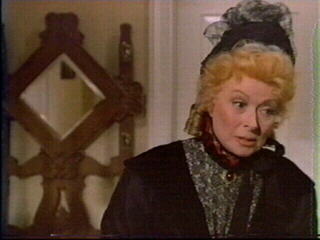






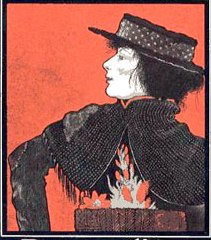

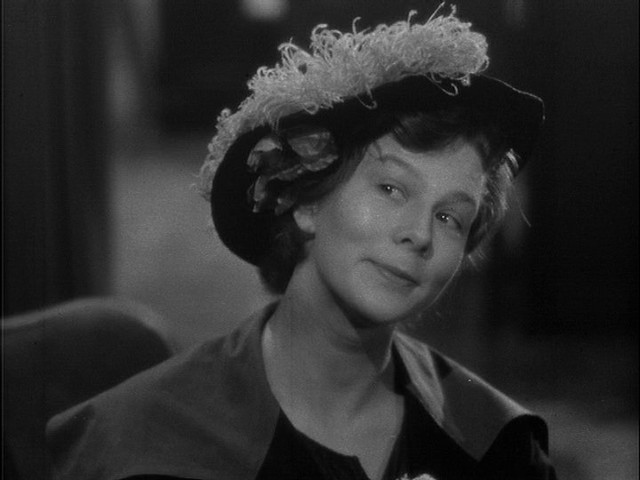



_poster.jpg)

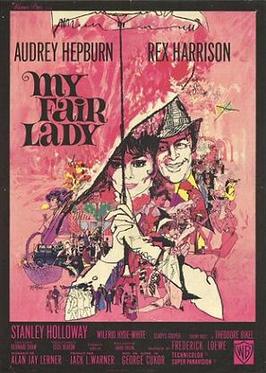







.png)


